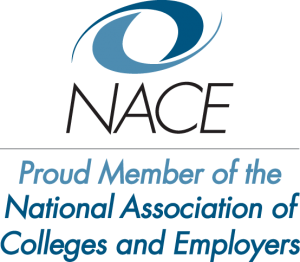jobZology® uses a version of the Organizational Culture Profile (OCP) to assess an organization’s culture. The OCP measures culture on 7 standard dimensions: Stability, Performance, Recognition, Excellence, Collaboration, Innovation, and Guiding Principles. Scores on these seven dimensions can be used to compare one organization to another, and also serve as the baseline for jobZology®’s Fit to Culture measure for job candidates.
A frequent question we receive is why don’t we simply measure a client’s culture as they define it. For example, suppose a client’s core values are: Truth, Justice, and Apple Pie for All. Or, its mission is: You Dream It, and We Can Design It. Shouldn’t we be customizing our measures to those? We could, but consider the following.
First, custom measures are notoriously unreliable. Organizational psychologists (like those who developed the OCP) sometimes spend decades vetting and validating a specific set of questions that can assess meaningful variables – like culture. A fully-customized measure is likely to have what political pollsters call “a large margin of error,” meaning that the scores produced could be accurate, but they could be off as well.
Second, it’s unclear what is gained by such a custom measure. If we told you, 95% of your employees agree your values are Truth, Justice, and Apple Pie, does that have strategic value for you? Or, how does understanding that employees can recognize your mission statement helps you to understand how you are similar to, or distinct from world-class organizations that have the distinct and powerful cultures you hope to build?
The 7 dimensions of the OCP don’t have to define your culture, but it will give you a benchmark of how you compare to other organizations, including the 30+ clients of ours already using the OCP. Further, it serves an important diagnostic value for pinpointing differences between what your employees see and the culture your leadership team hopes to build. It can lead to proven strategies for strengthening culture and fostering employee commitment. Finally, it provides a foundational profile for assessing Fit to Culture when hiring. And, it does all this using a valid assessment vetted over decades of applied research.







